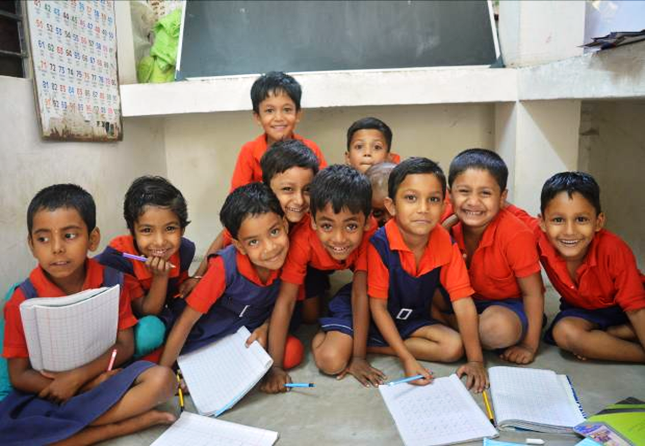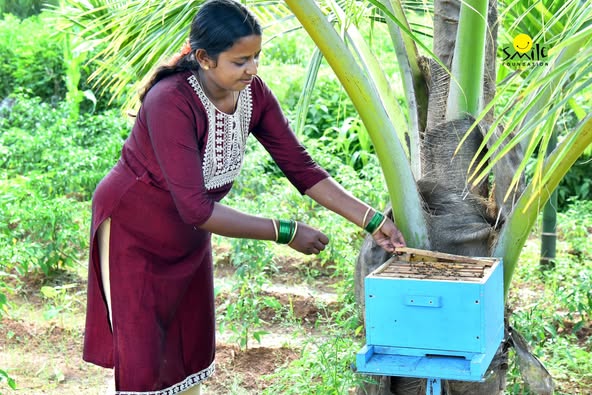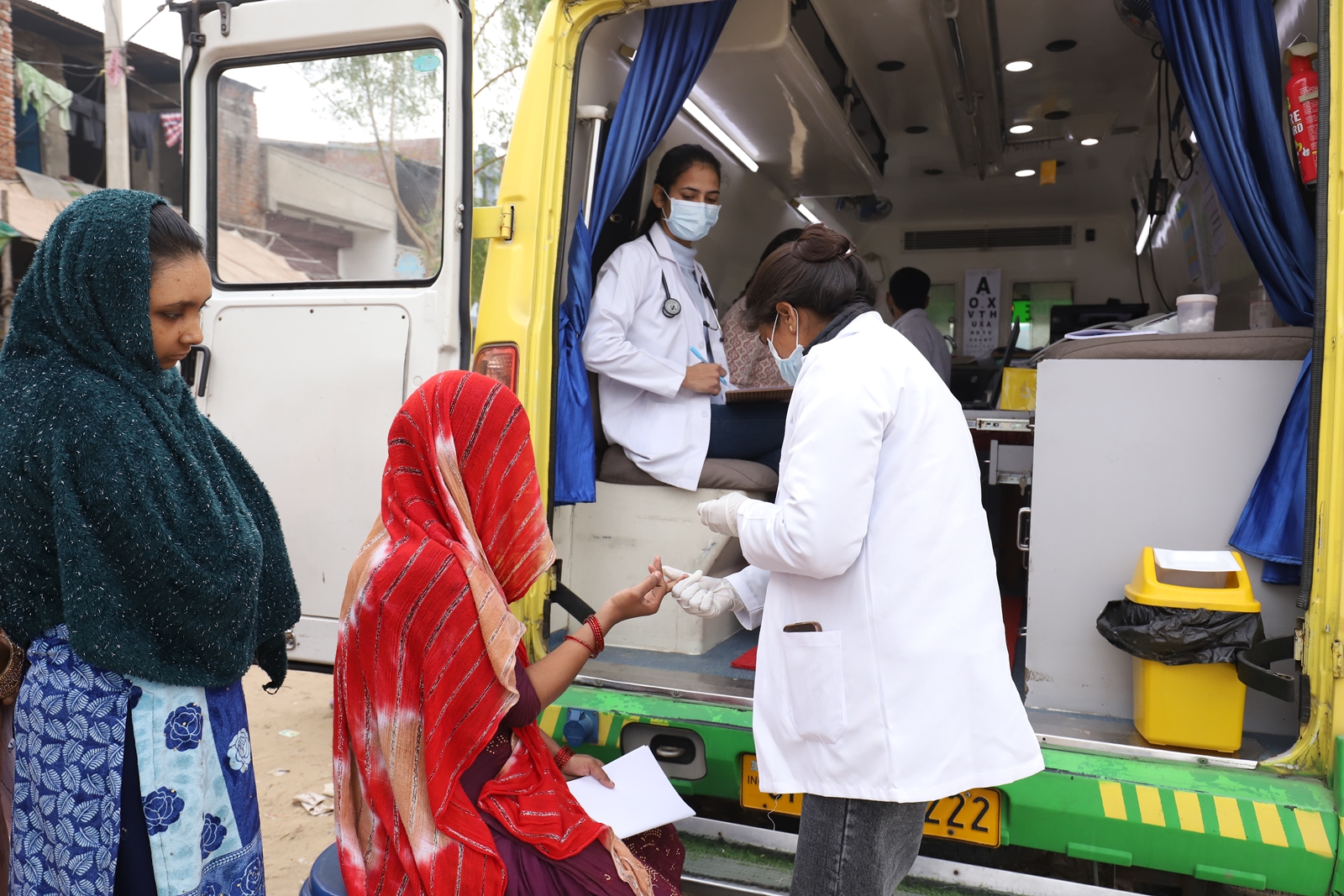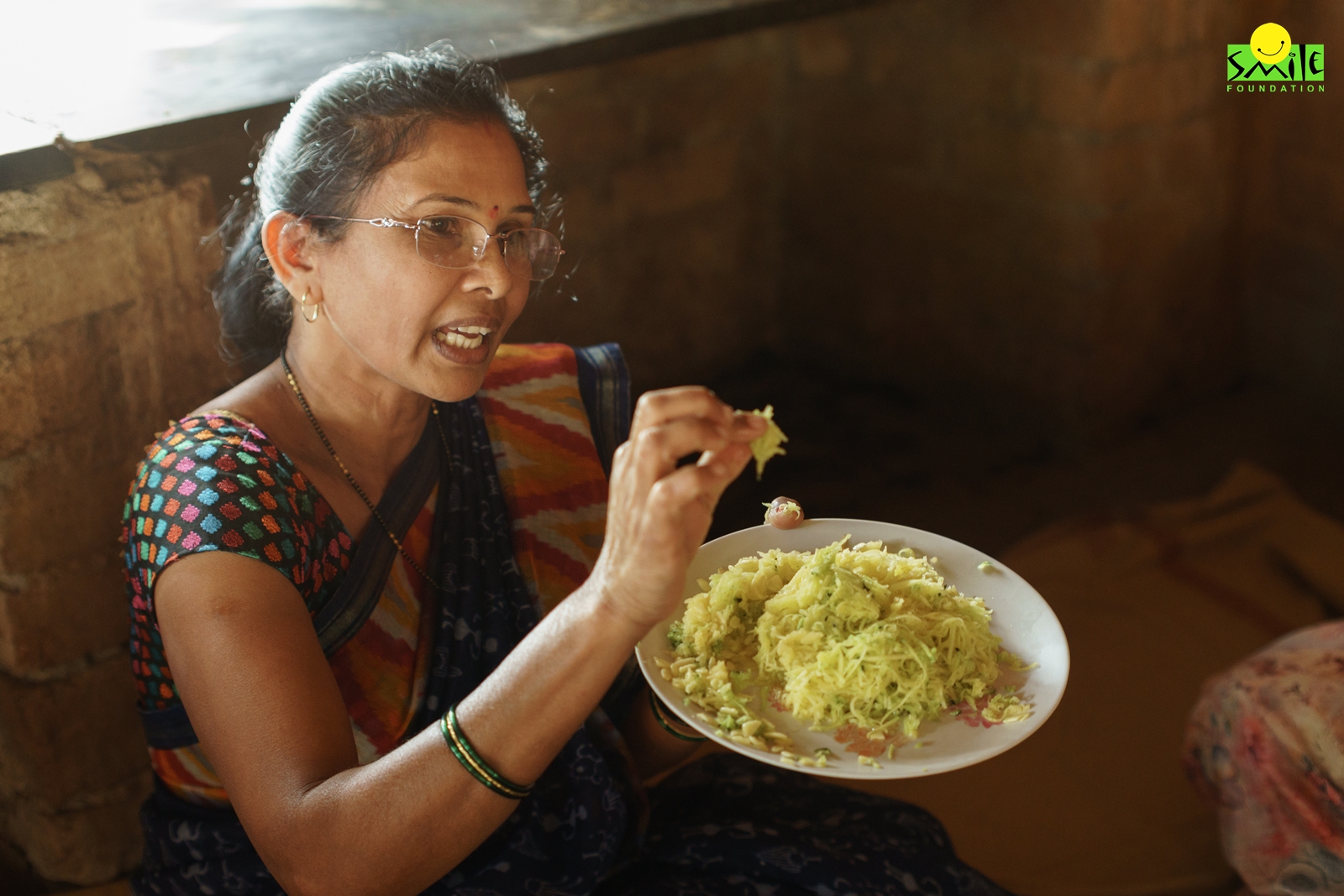The National Education Policy was approved by the central cabinet in July 2020 and it has brought attention to all segments of population across the country. One important area that has been escalated to the priority zone of academicians, education professionals, policy makers and education enthusiasts is Early Childhood Care and Education (ECCE). The NEP categorically mentions that “Over 85% of a child’s cumulative brain development occurs prior to the age of 6 which indicates the critical importance of appropriate care and stimulation of the brain in the early years in order to ensure healthy brain development and growth”. This brings into limelight the role of Anganwadi centres and pre-primary centers in the country that are dedicated to the welfare of children below 6 years of age.
The ICDS program supports children in the age group of 0-6 years, pregnant women and lactating mothers for supplementary nutrition, pre-school non-formal education, nutrition & health education, immunization, health check-up and referral services. Currently, a total of 13.77 lakh anganwadi centers are operational in the country with a strength of 12.8 lakh workers and 11.6 lakh helpers, covering 1022.33 lakh beneficiaries under supplementary nutrition and 365.44 lakh 3-6 years children under pre-school component. A lot of community based activities are facilitated through these Anganwadi centers and Anganwadi workers are the change agents in-charge of implementation and integration of different departments like elementary education, health, and women and child welfare.
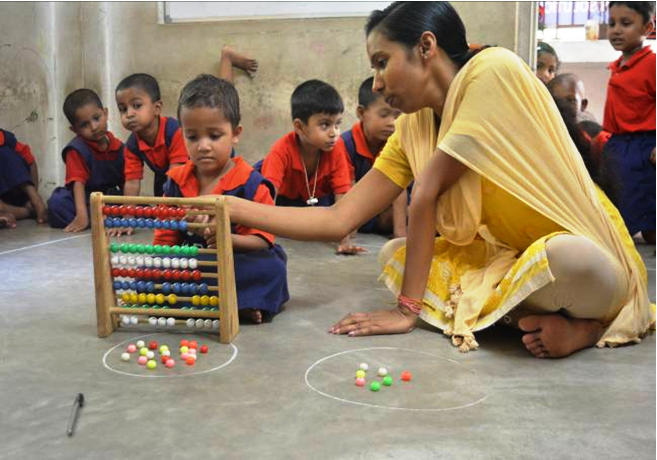
With their last-mile connect with the communities, Anganwadi workers have been playing a major role in bringing transformational changes in some of these areas like nutrition and immunization. However, elementary education has long been one of the neglected areas. There are various reasons for this including poor facilities and lack of proper infrastructure at the Anganwadi centres, inadequate training of the Anganwadi workers and also their being overburdened with multiple responsibilities. In fact, in many local communities across the country, Anganwadi centres are referred to as “Khichdi Schools” by parents because of the free meals provided to their children at the centres. A lot of work hence, needs to be done in order to ensure that these centres are also equally known and admired for their work in elementary education.
Firstly, in terms of infrastructure, the Anganwadi centres are ill-equipped to provide an enabling learning environment for pre-schoolers. It has been reported that over 3,60,000 Anganwadi centers do not have toilet facilities and around 1,50,000 centers do not have drinking water facilities. That is not all. In terms of age-appropriate teaching learning material, or even proper seating space and lighting for the children, the existing centres fare poorly.
Secondly, the Anganwadi workers need to be especially trained in early childhood care and a special curriculum that focuses on the importance of holistic development of children, including early stimulation and brain development through activity based learning. Once trained, the Anganwadi workers will be a cadre of teachers creating a solid foundation for children between 3-6 years of age to make them school-ready.
In a nutshell, the Anganwadi centers are to be renovated and revitalized with new infrastructure and trained teachers. At the core of it, we need to bring confidence of the parents on their effective functioning. The NEP has emphasized on ECCE certificate courses for capacity building of the Anganwadi workers. For universal access of the ECCE, the Anganwadi centers will also have to be well ventilated, well-lit and designed in a child-friendly manner with an enriched learning environment. With a mission of having 100 percent of children school ready while entering at Grade 1 by 2030, hope this New Education Policy will bring a ray of hope for millions of children and parents across the country.
To know more about Smile Foundation’s education programme visit https://www.smilefoundationindia.org/education.html



